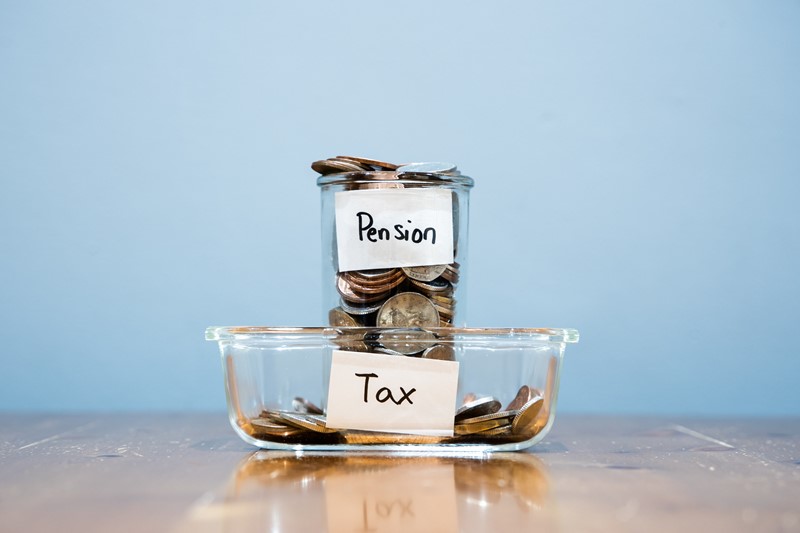Tax on inherited private pension pots
Private pensions can be a great way to pass on wealth, but tax implications depend on the age of the deceased and the type of pension. Some beneficiaries may receive funds tax-free, while others could face significant tax charges. Knowing the rules is essential.
Private pensions can be an effective means of passing on wealth, but it is crucial to consider the potential tax implications when inheriting a private pension. Typically, the individual who passed away will have nominated the beneficiary by informing their pension provider of their wish for the remaining funds in the pension pot to be inherited by you. If the nominated beneficiary cannot be located or has since passed away, the pension provider may make alternative arrangements and direct the funds to someone else.
In general, if you inherit a private pension from someone who died before the age of 75, the benefits remaining in the pension can be paid out as a lump sum or drawdown income without any tax liability. However, if the pension holder passed away after the age of 75, the inherited pension will be subject to taxation at your marginal income tax rate. This means you would pay 20% tax if you are a basic rate taxpayer, 40% if you are in the higher tax bracket, or 45% if you are taxed at the top rate. Note that tax rates may differ for Scottish taxpayers.
For pensions from a defined benefit scheme, typically associated with workplace pensions, there are additional restrictions. In most cases, the pension can only be paid to a dependant of the deceased, such as a spouse, civil partner, or a child under the age of 23. If the pension scheme permits, this rule may be adjusted, but any inheritance under such circumstances may be subject to a tax charge of up to 55% as an unauthorised payment.
The rules governing pension inheritance are complex, varying depending on the type of pension and the age of the deceased at the time of death. Furthermore, there are strict time limits that must be adhered to in order to ensure compliance.










